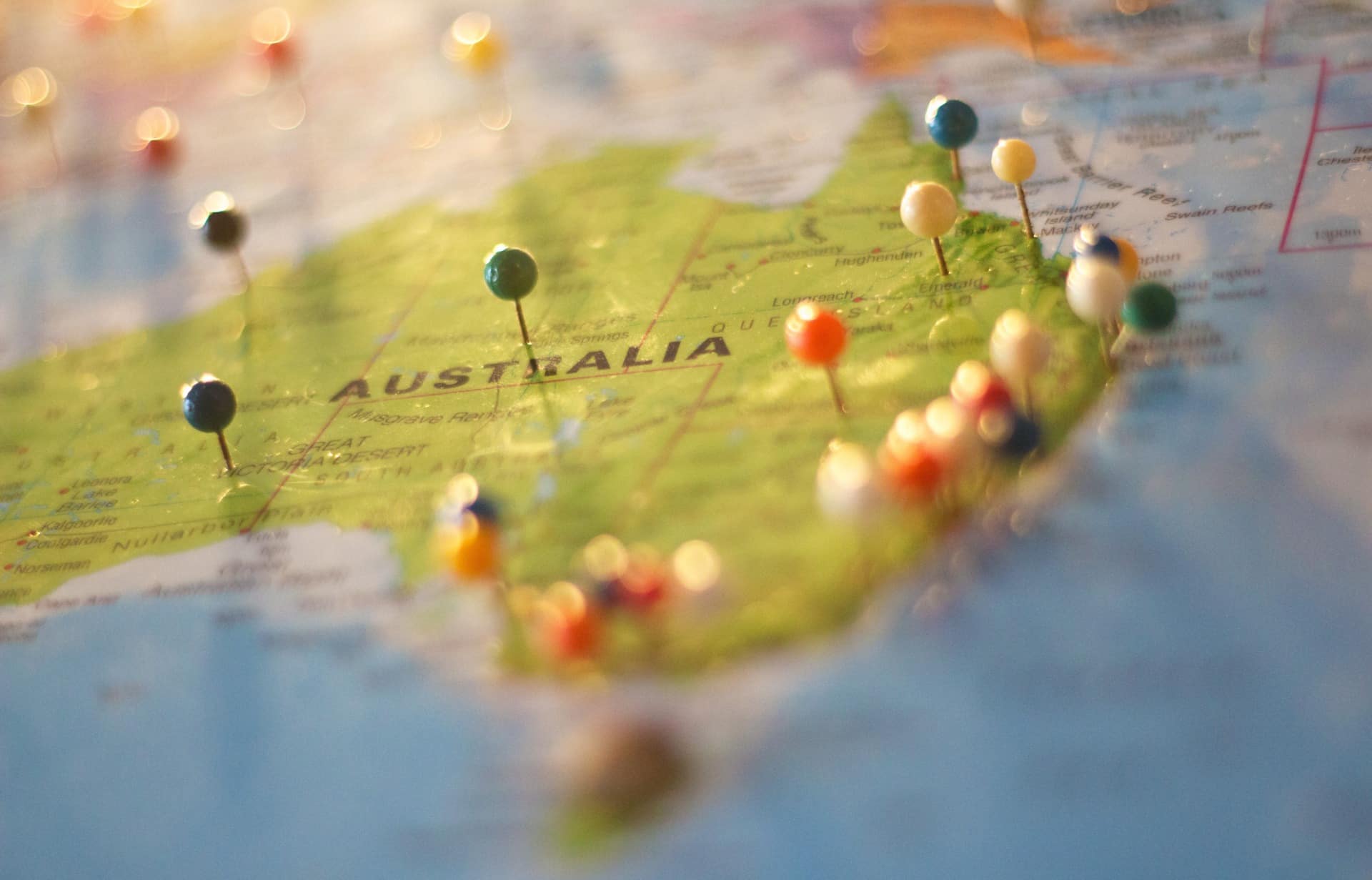The Australian cosmetics and personal care market is a very important and promising one. In 2020 it was valued at $3.73 billion and is expected to register a CAGR (Compound Annual Growth Rate) of 3.87% in the coming years (2021-2026).
We are experiencing the rise of A-Beauty which, more specifically, concerns skincare and sun care products, make-up with SPF (Sun Protection Factor) and natural, green, minimal, and vegan formulas.
In this article, we will provide more information on these three points:
- Beauty and personal care market trends in Australia
- Australian regulation: what a cosmetic product needs to be compliant in Australia
- Brief comparison between European and Australian regulations
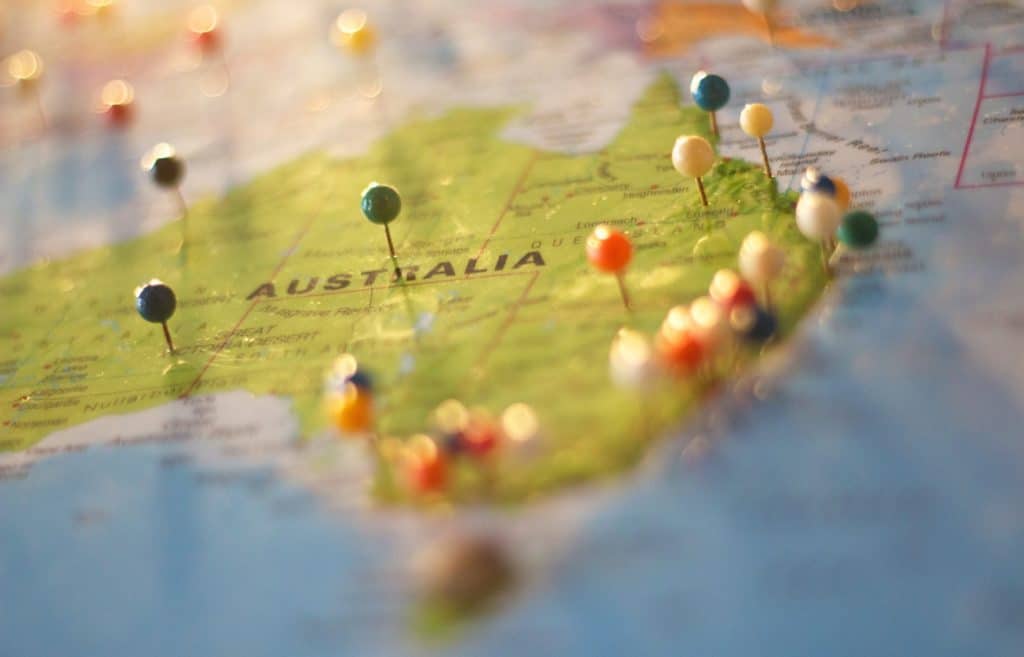
Beauty and personal care market trends in Australia
The first key trend in the Australian market that we would like to highlight is the significant increase in online shopping and e-commerce websites. The Covid19 pandemic has taught us that if we can’t physically go to the shops to buy beauty products, online platforms are the only solution. Moreover, in the age of technology, social networks and online tutorials, online shopping has become a child’s play.
The second key trend that caught our attention is the high demand for skincare products and the phenomenon called Skin Minimalism. There are more sunny days than rainy days in Australia, which is why people are opting for skin products with sun protection. Exposure to ultraviolet rays is something to strongly consider when living in sunny country like Australia.
Skin Minimalism means ‘fewer products but sky-high efficacy’ and echoes the minimalist concept of ‘Less is more’. The motto ‘Less is more’ was made famous in 1947 by the architect Ludwig Mies van der Rohe and has now also become part of the beauty sphere. The aim is to use a minimal amount of skincare products in our daily skin routine; with the result still being, of course, beautiful skin.
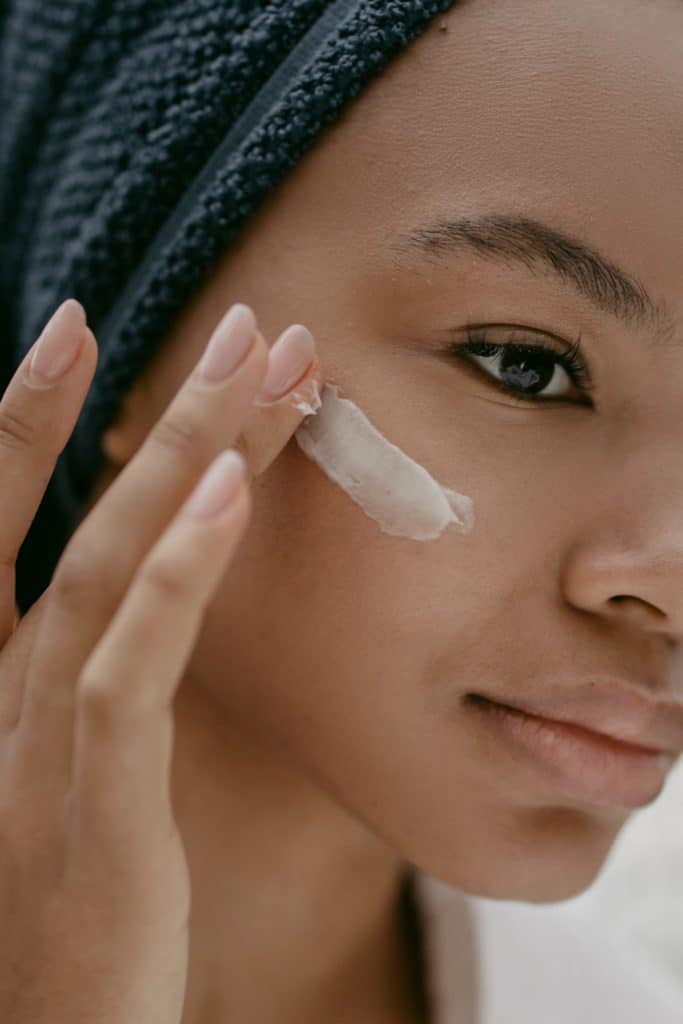
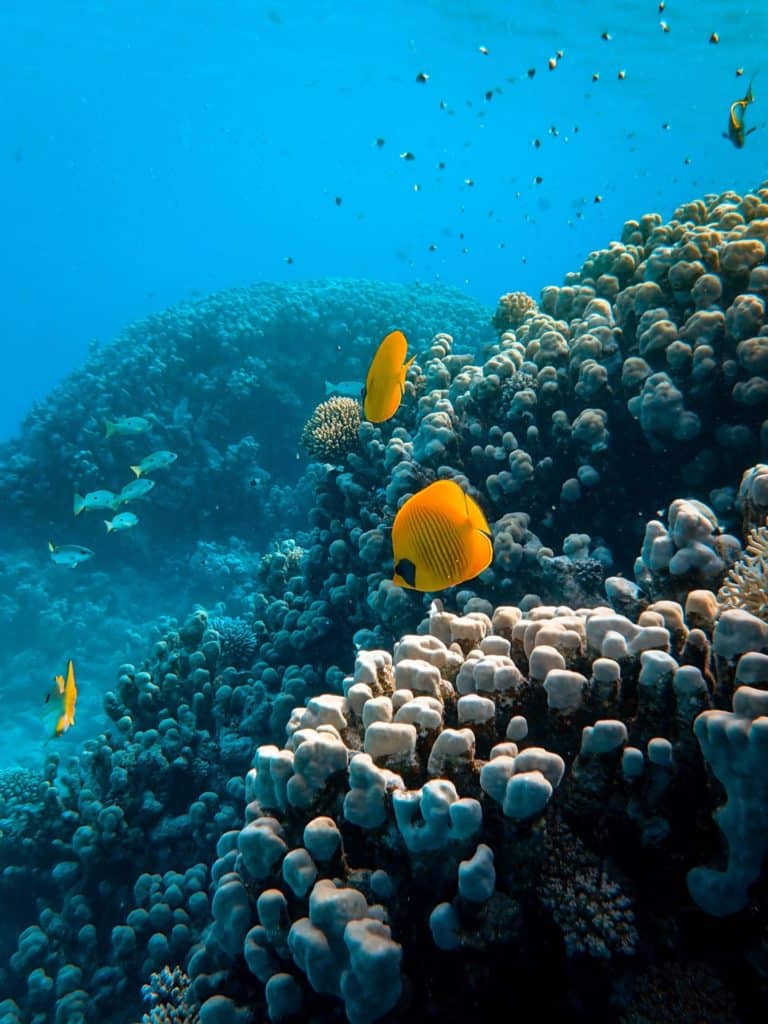
‘Less but better quality’ also provides a greater focus and importance on sustainability and a more conscious approach to consumption. That’s why this trend is also reflected in various initiatives such as certifications and eco-friendly products: more respect for the environment with recyclable packaging and more respect for animals with, for example, reef-friendly ingredients.
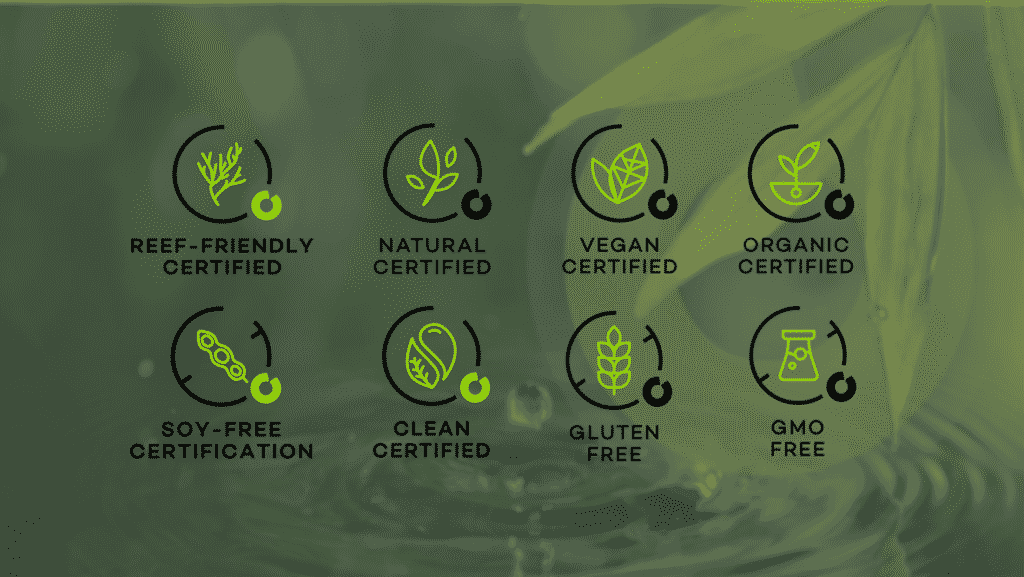
For more information on our certifications such as, Vegan, Natural, Organic, Reef-friendly, and Clean, please visit our page.
The last key trend I would like to highlight is the increased awareness and inclusiveness to the diversity of cosmetic brands. Australia is one of the most multicultural nations in the world, with almost a third of its residents being foreign. Therefore, the demand for products that consider different cultures and ethnicities is very high.
Australian regulation: what a cosmetic product needs to be compliant in Australia
As captured on our website dedicated to Biorius’ regulatory services for the Australian market, the Australian Industrial Chemicals Introduction Scheme (AICIS) is responsible for regulating chemicals.
All ingredients in cosmetics formulas must be listed on the AICIS list. If an ingredient is not listed in the inventory, it cannot represent more than 1% of the formula and must meet several ecotoxicological criteria. In the latter case, a full dossier for the assessment of the ingredient by the AICIS must be submitted.
The Australian Competition and Consumer Commission (ACCC)regulates label requirements, including the INCI list.
To sell cosmetics products in Australia, cosmetics companies must have an importer based in Australia and registered with AICIS. This importer is responsible for the compliance of the products distributed.
In a nutshell:
- The cosmetic product formula must meet the requirements set by AICIS and the Therapeutic Goods Administration (TGA).
- The labels must match the requirements established by the ACCC.

Brief comparison between European and Australian regulations
As mentioned in our article How to Gain EU Compliance in 3 stepswe know that in order to be compliant, a cosmetic sold in the EU and UK must have:
- A PIF (Product Information File) containing the CPSR (Cosmetic Product Safety Report) signed by a Safety Assessor
- An EU CPNP & UK SCPN registration number
- A Responsible Person for the EU and UK
In Australia, there is no PIF and no notification to portals.
However, it is important to remember that for a cosmetic product sold in Australia it must comply with the rules laid down by the AICIS, TGA and ACCC. The EU/UK Responsible Person can be equated with the importer based in Australia and registered with the AICIS, who is also responsible for the compliance and safety of the cosmetic products they import.
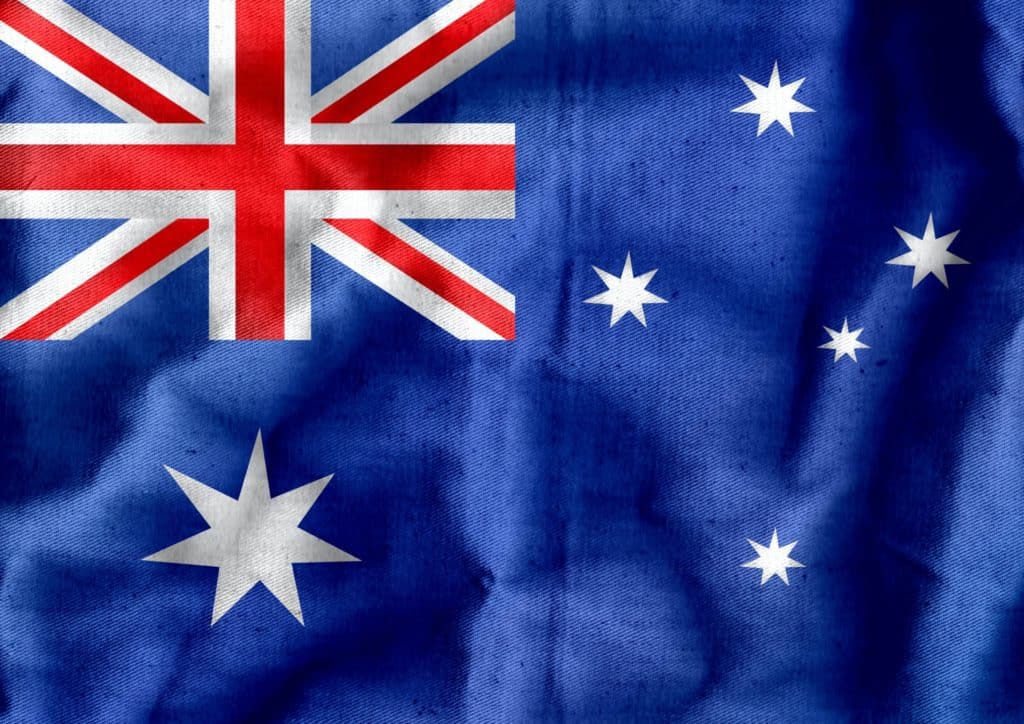
Regulatory Service offered by Biorius
Biorius can help you!
The regulatory service dedicated to the Australian market includes:
- Formula Review
- Label and Claim Review
For more information, please feel free to visit our website at the dedicated page and contact us!


